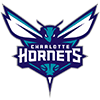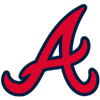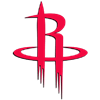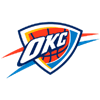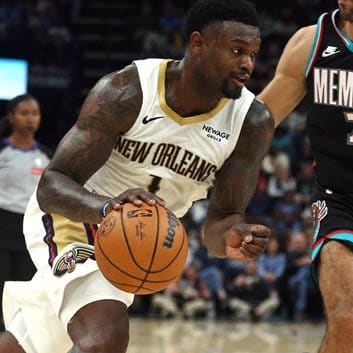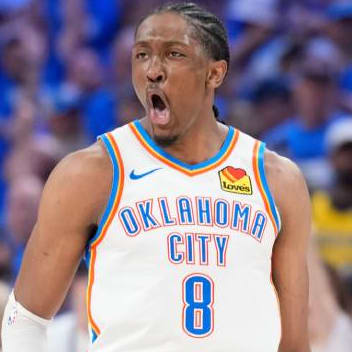Back in October, the college basketball season hadn't even started yet. It was media day, or around that time, and no one really knew what University of Missouri basketball would be like.
You could hypothesize. You could guess Jabari Brown would improve his ability and shot selection as a sophomore. You could guess Earnest Ross would get better – or at least continue to be the imposing force he is on the wing. Then there was Jordan Clarkson, good old Jordan Clarkson.
We didn't know. No one knew. How could we?
Clarkson was one of the many transfers Frank Haith had brought over to Mizzou. That's been Haith's style over the past few years: bringing over great transfers as opposed to developing high school kids. That's how a program ends up with guys like Ricardo Ratliffe, Alex Oriakhi, Matt Pressey, Jabari Brown and now Clarkson over such a short period of time.
I remember it well. It was back in October. It may have been media day, and I was skimming through the Twitter timeline of Dave Matter of the St. Louis Post-Dispatch. And that's when I saw something odd:
Frank Haith says transfer guard Jordan Clarkson is team's best defender. Gives lineup new element defensively with two bigger guards
— Dave Matter (@Dave_Matter) October 1, 2013The team's best defender? That seemed silly.
Clarkson could score in his first two years at Tulsa, when he was a 55-percent true shooter. He averaged 16.5 points per
Back in October, the college basketball season hadn't even started yet. It was media day, or around that time, and no one really knew what University of Missouri basketball would be like.
You could hypothesize. You could guess Jabari Brown would improve his ability and shot selection as a sophomore. You could guess Earnest Ross would get better – or at least continue to be the imposing force he is on the wing. Then there was Jordan Clarkson, good old Jordan Clarkson.
We didn't know. No one knew. How could we?
Clarkson was one of the many transfers Frank Haith had brought over to Mizzou. That's been Haith's style over the past few years: bringing over great transfers as opposed to developing high school kids. That's how a program ends up with guys like Ricardo Ratliffe, Alex Oriakhi, Matt Pressey, Jabari Brown and now Clarkson over such a short period of time.
I remember it well. It was back in October. It may have been media day, and I was skimming through the Twitter timeline of Dave Matter of the St. Louis Post-Dispatch. And that's when I saw something odd:
Frank Haith says transfer guard Jordan Clarkson is team's best defender. Gives lineup new element defensively with two bigger guards
— Dave Matter (@Dave_Matter) October 1, 2013The team's best defender? That seemed silly.
Clarkson could score in his first two years at Tulsa, when he was a 55-percent true shooter. He averaged 16.5 points per game as a sophomore. The guy could put the ball in the hoop, but defense wasn't always his calling.
Sometimes a player's role changes from team to team. Clarkson had to take on such a burdensome role offensively when he was in Tulsa, that it made it hard for him to become a full-time defender. It's the LeBron logic.
The reason someone like LeBron James hasn't won a Defensive Player of the Year award yet isn't that he's not the best defender in the league. LeBron likely is the best defender in the NBA, but he's so integral to the Heat's offense that he can't go as hard as possible all game on the defensive end. He'll lose his energy. He'll lose his touch. And ultimately, his team will suffer from that. So, LeBron sets himself on cruise control for 40 minutes and then shifts into full gear for the end of the fourth quarter.
Maybe that was Jordan Clarkson's logic? Maybe?
Either way, though, it was hard to believe Clarkson was the best defender on the team. Did Ross get worse? Was freshman Jonathan Williams not ready to play? Had Brown not gotten better on the defensive end? It seemed like Haith was just trying to prop up the confidence of his newest transfer, which is fine. Actually, it's encouraged. Why not take your guy's side? That's one of the best things Haith does with the media.
But then something funny happened: The season started and we got to see Jordan Clarkson play defense. And Haith wasn't lying. Clarkson is good. Really, really good.
Likely, Clarkson isn't going to play the point at the next level, like he's currently doing for Mizzou. Offensively, he's a slashing, off-ball guard, who's an efficient, score-first ballhandler. But defensively, he's guarding point guards as well as anyone else in the country, and that likely has to do with his length.
The Missouri backcourt has started to enter the conversation for the best 10 or 15 backcourts in the country. Clarkson, Brown and Ross are long, athletic, shooters, who actually play defense on the other end. And right now, they're led by Clarkson.
At this point, Clarkson is on the fringe of the NBA Draft's first round. The junior can scoot his way in there, even though he's used to guarding players smaller than him. And that's because Clarkson doesn't miss defensive rotations.
It's rare to find a collegiate guard who can actually lead a defense the way Clarkson has, but it's happening in Columbia, MO. There are certain lineup combinations, which are becoming lockdown, defensive groups at Mizzou. Those groups include Clarkson. The Ross-Clarkson-Andy Rosburg lineup doesn't seem to rotate out of place, ever. Rosburg communicates; Ross communicates; and so does Clarkson, which is highly important if the 6-5 guard will be defending out on the wing at the next level. The bigger you play, the more important your communication becomes.
So let's ignore the fact that Clarkson is shooting almost 59 percent on two-point shots. Let's ignore the fact that his 27.6 percent three-point percentage will likely progress closer to his 33.8 career percentage from beyond the arc as the season continues. Let's ignore the fact that his true shooting has inched just over 60 percent with a usage rate of 29.6 percent. The offensive numbers are somewhat staggering. But for now, it's the defense that is turning Frank Haith's newest gem of a transfer into a potential first-round pick.










